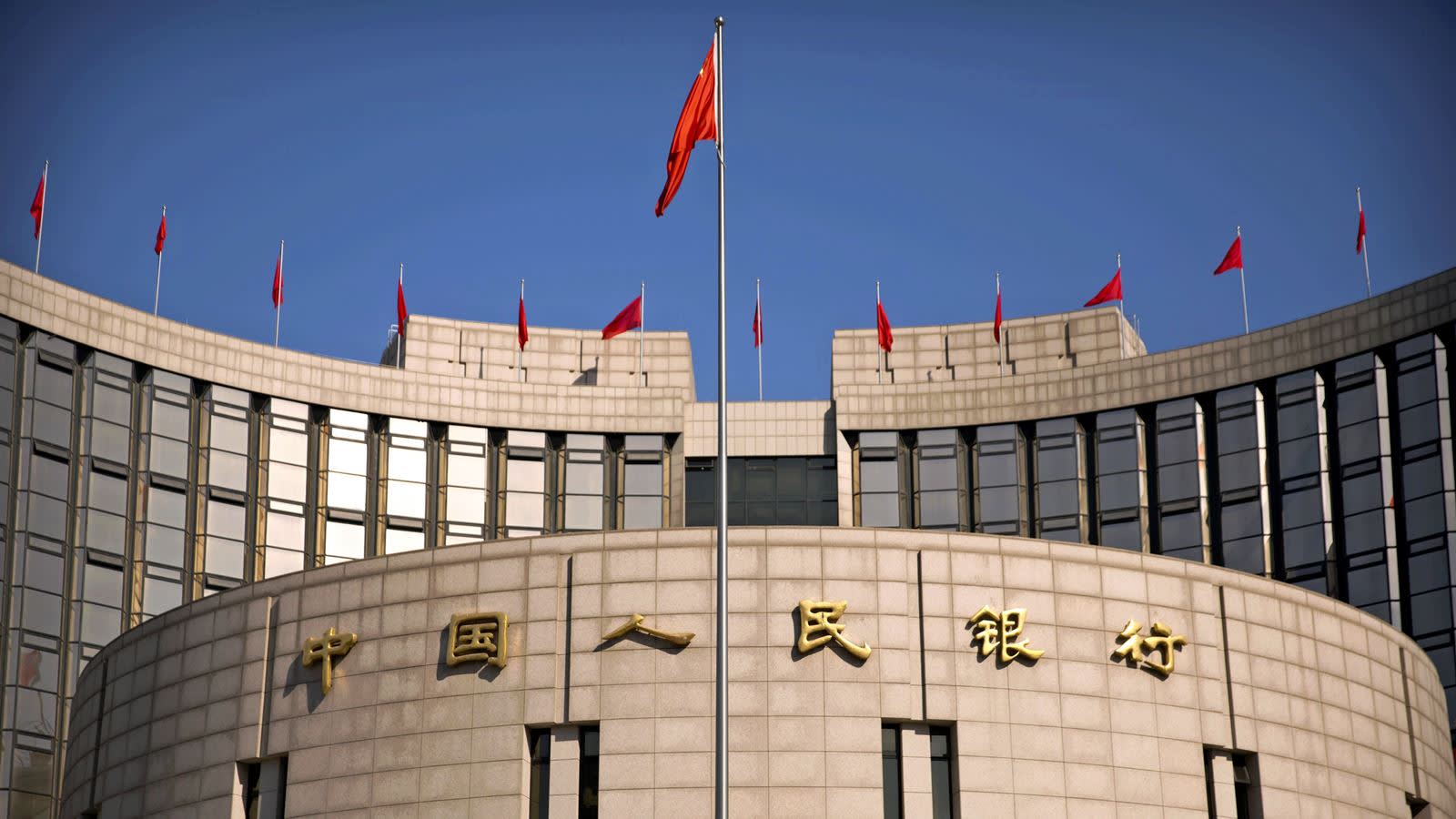China’s Economic Stimulus Plans Dismissed Amid Trade Uncertainty, Says Analyst
03.12.2024 12:00 1 min. read Kosta Gushterov
Shehzad Qazi, the Chief Operating Officer of China Beige Book, recently dismissed the idea of a major economic stimulus from China, countering speculations about Beijing's fiscal strategy.
In an interview on CNBC’s Squawk Box, Qazi elaborated on China’s current economic outlook, pointing out that while certain indicators like factory revenues and profits have shown improvement, these gains largely stem from preemptive export orders made in anticipation of U.S. tariffs.
Qazi explained that the surge in orders, driven by fears of tariffs, was more of a strategic move than a sign of lasting economic expansion.
He further clarified that the much-discussed idea of a significant stimulus package from China was unlikely, emphasizing that the Chinese government seemed focused on preserving its financial resources for future stability rather than implementing large-scale measures in the short term.
Qazi also commented on the complicated dynamics between the U.S. and China, particularly in light of former President Donald Trump’s tariff policies. According to Qazi, these tariff threats have contributed to economic volatility but also led Chinese factories to bolster production in anticipation of trade disruptions.
Additionally, he touched on the ongoing debate over China’s preferred leadership in the U.S., suggesting that Chinese authorities may find President Biden’s administration more predictable compared to Trump’s riskier, more unpredictable tactics.
-
1
Billionaire Warns of Slowing U.S. Growth, Sees 45% Chance of Downturn
20.05.2025 14:00 1 min. read -
2
China Quietly Advances Yuan as Dollar Alternatives Gain Ground
20.05.2025 17:00 2 min. read -
3
Economic Instability and Political Shift Fueling Bitcoin’s Rise – Galaxy Digital CEO
23.05.2025 12:00 2 min. read -
4
Trump Renews Attack on Fed Chair, Calls for Immediate Rate Cuts
18.05.2025 8:00 1 min. read -
5
Japan’s Inflation Hits 3.5% as Food Prices Soar and Tariff Risks Loom
23.05.2025 21:00 1 min. read
Tariffs Threaten to Stall U.S. Growth in 2025, Recovery Not Expected Until 2026
The U.S. economy may be closer to a downturn than many realize, according to Jay Bryson, chief economist at Wells Fargo.
Dollar Faces Deep Decline as Fed Cuts Pressure Currency, Warns Morgan Stanley
Morgan Stanley has issued a cautionary outlook on the U.S. dollar, predicting a major decline over the coming year as Federal Reserve rate cuts take hold.
Trillions in Debt Payments Could Break U.S. Economy, Ray Dalio Predicts
Legendary investor Ray Dalio has issued a stark warning about the trajectory of U.S. government finances, suggesting the country is drifting toward a series of severe economic shocks unless its debt spiral is urgently addressed.
Wall Street Veteran Warns Tariffs Could Disrupt AI-Driven Market Rally
Steve Eisman, the famed investor known for forecasting the 2008 housing collapse, is sounding the alarm—not on overvalued tech stocks or interest rates, but on the escalating risk of global trade disputes.
-
1
Billionaire Warns of Slowing U.S. Growth, Sees 45% Chance of Downturn
20.05.2025 14:00 1 min. read -
2
China Quietly Advances Yuan as Dollar Alternatives Gain Ground
20.05.2025 17:00 2 min. read -
3
Economic Instability and Political Shift Fueling Bitcoin’s Rise – Galaxy Digital CEO
23.05.2025 12:00 2 min. read -
4
Trump Renews Attack on Fed Chair, Calls for Immediate Rate Cuts
18.05.2025 8:00 1 min. read -
5
Japan’s Inflation Hits 3.5% as Food Prices Soar and Tariff Risks Loom
23.05.2025 21:00 1 min. read

